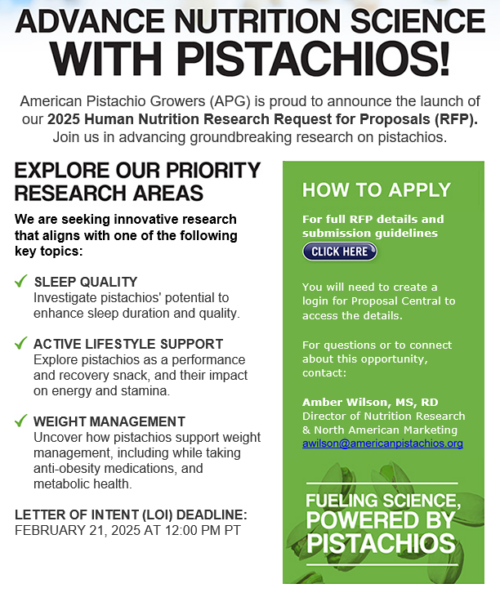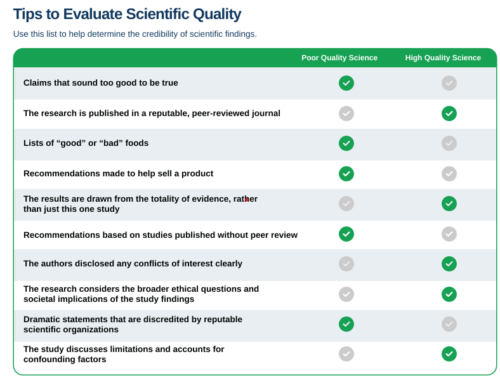Industry-funded study of the week: Cranberry powder
The Study: Whole cranberry fruit powder supplement reduces the incidence of culture-confirmed urinary tract infections in females with a history of recurrent urinary tract infection: A 6-month multicenter, randomized, double-blind, placebo-controlled trial.Stonehouse, Welma et al. The American Journal of Clinical Nutrition, Volume 121, Issue 4, 932 – 941
Methods: “This multicenter, 6-mo, randomized, placebo-controlled, double-blind study enrolled 150 healthy females [18–65 y, body mass index (BMI) >17.5 and <35 kg/m2] with rUTI defined as ≥3 UTIs in the last year or ≤2 UTIs in the last 6 mo, excluding those with >5 UTIs in the last 6 mo. Participants consumed either 1 capsule of 500 mg/d of whole cranberry powder (Pacran) or placebo.”
Results: “Whole cranberry powder capsules reduced culture-confirmed UTI risk compared with placebo by 52%…reduced Escherichia coli UTIs…reduced incidence of UTI with urinary frequency and urgency symptomatology; delayed time to first UTI episode…and reduced the mean total number of UTIs per participant.”
Conclusion: “This study shows that whole cranberry powder capsules do not impact safety markers and reduce the incidence of culture-confirmed UTI and several other UTI-related outcomes in healthy females with rUTI history.”
Conflict of interest: “Financial sponsorship for the study was provided by Swisse Wellness Pty Ltd to the Commonwealth Scientific Industrial Research Organisation. All authors report no conflicts of interest.”
Funding: “Swisse Wellness Pty Ltd was the trial sponsor and Givaudan Flavors Corp was the raw material supplier.”
Disclaimers: “The funding source and the raw material supplier, in collaboration with the research scientists, designed the trial and monitored its implementation, but had no influence over the analyses, reporting, interpretation of the data and preparation of the manuscript. The manuscript was reviewed by the sponsor and the raw material supplier before the submission to the journal, but they had no influence over the manuscript content.”
Comment: You should not be surprised to learn that the funder, Swisse Wellness Pty Ltd, makes “supplements for everyday lifestyle.” among them cranberry supplements. The raw material supplier, Givaudan, sells cransberry oil. The disclaimer reveals that both companies designed the trial, were involved throughout, and reviewed the manuscript. The authors consider all this to constitute “no influence,” in quotes because it is impossible to avoid influence under these circumstances. At the very least, the companies would make sure the study design had little chance of coming up with the wrong result. This is an industry-funded study with predictable results that will help them sell cranberry powder. I hope it works.



